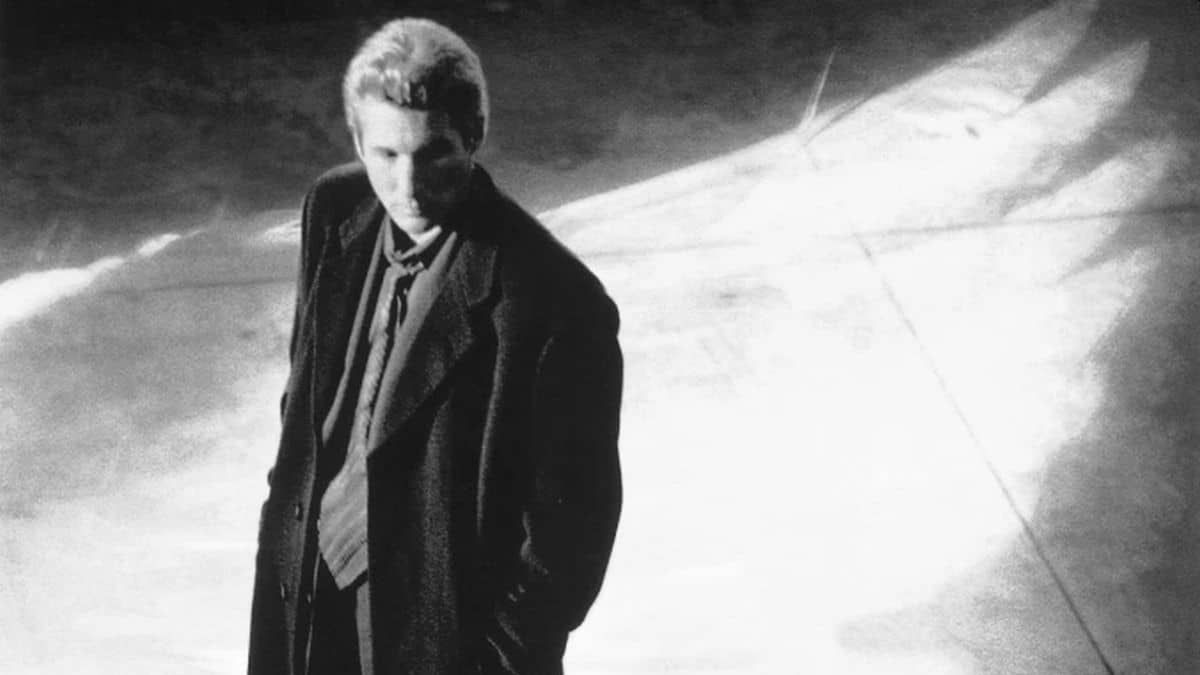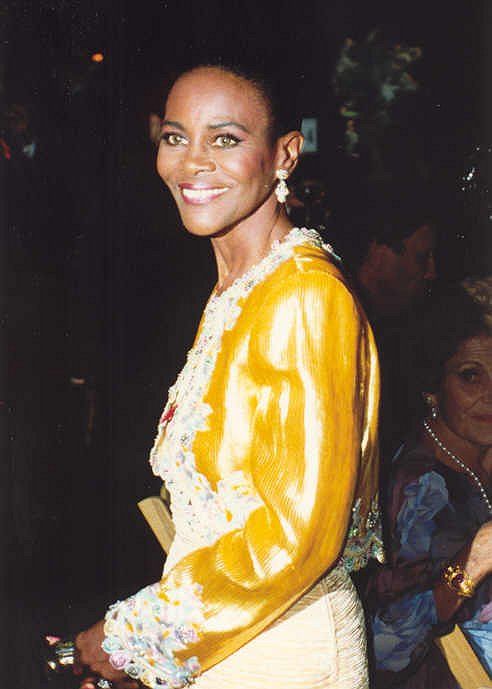
The world of performing arts has bid a somber farewell to two of its most profound and enduring figures, Cicely Tyson and Angela Lansbury, both of whom passed away at the age of 96. Their departures mark the close of an extraordinary era, leaving behind legacies that transcended mere entertainment, profoundly influencing culture, society, and the very fabric of storytelling.
These luminaries, whose careers collectively spanned more than a century, carved indelible paths with their unparalleled talent, resilience, and unwavering commitment to their craft. They were not merely actresses; they were cultural touchstones, trailblazers who illuminated the screen and stage with dignity, power, and an artistry that inspired millions.
Cicely Tyson, the award-winning actress who trailblazed a career across several decades and appeared in countless TV shows, films, and Broadway plays, died Thursday at age 96, as confirmed by her manager. Her family released a poignant statement: “With heavy heart, the family of Miss Cicely Tyson announces her peaceful transition this afternoon.” They asked for privacy during this difficult time, as tributes poured in for an artist widely hailed as “an artist of the highest order.
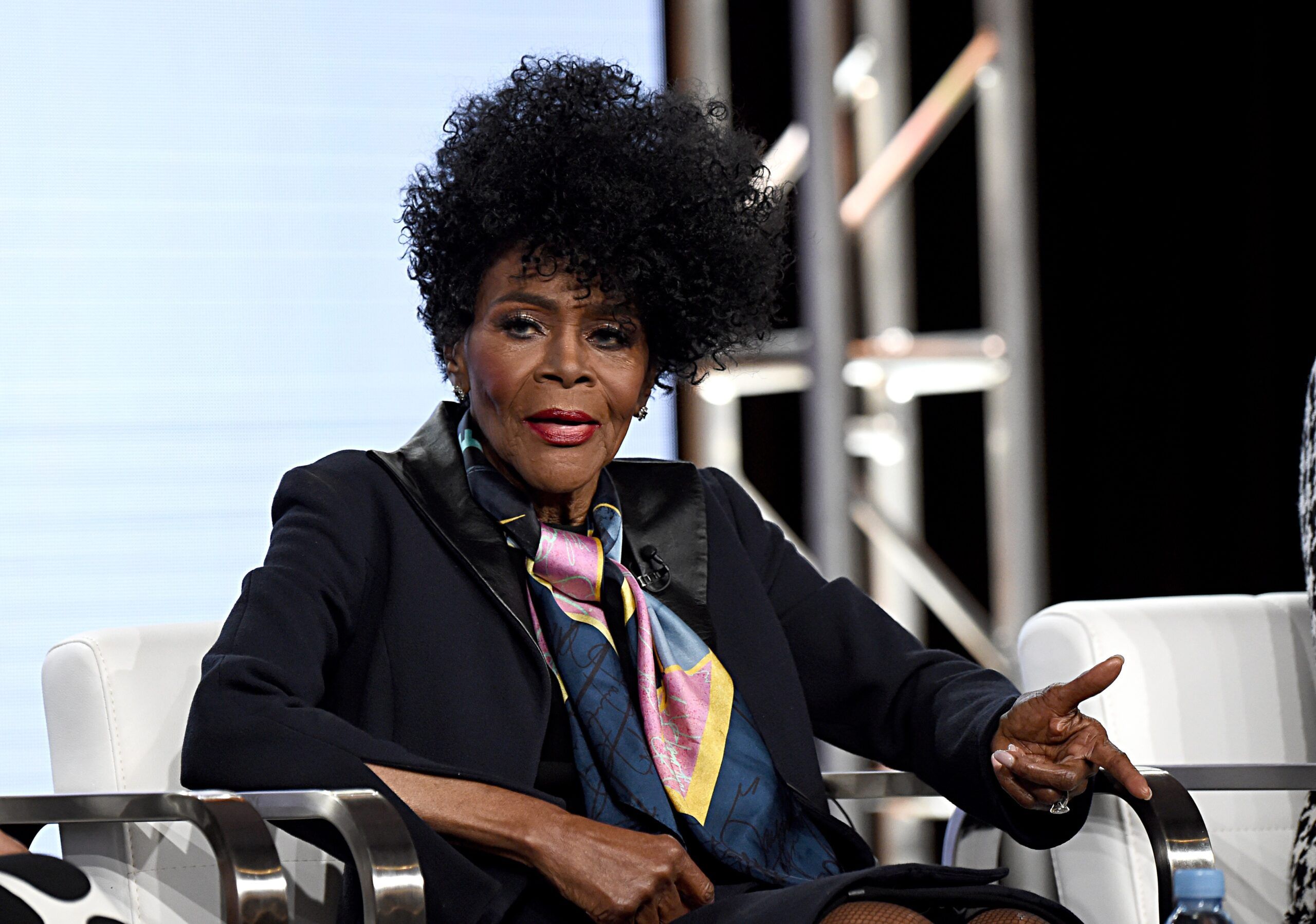
Born in 1924 in New York City’s East Harlem to West Indian parents who had immigrated from the island of Nevis, Tyson was the youngest of three and described herself as a very shy child. Her hardworking and religious mother, who cleaned houses, initially forbade her children from attending movies, making Tyson’s eventual path to stardom all the more remarkable. Despite these early constraints, friends urged her to take up modeling because of her striking looks, a suggestion that eventually led her to be discovered by a fashion editor at Ebony magazine in the 1950s.
Tyson’s journey to becoming an actress was far from easy, marked by personal and professional hurdles. She became pregnant at 17 and endured a short marriage that lasted just over two years. Her decision to pursue an acting career as a single mother brought conflict at home, leading to her mother asking her to leave the house. “Oh, she told me I couldn’t live there and do that,” Tyson recounted, adding, “Suddenly I found something that I loved to do. And I had a child to support.”
Her on-screen debut came at age 31 in the 1956 black-and-white film “Carib Gold.” However, it was her sheer determination that saw her career truly blossom after landing the headline role of the sharecropper’s wife in “Sounder,” the 1972 film based on the William H. Armstrong novel. In this defining role, her character was confined in jail for stealing food for her family, forcing her to care for their children and attend to the crops.
Sounder” earned her an Oscar nomination in 1973, and a review from The New York Times lauded her performance, stating, “She passes all of her easy beauty by to give us, at long last, some sense of the profound beauty of millions of Black women.” Her portrayal in this film set the stage for a career characterized by roles of profound depth and social significance, embodying African American women who commanded attention and, more importantly, respect.
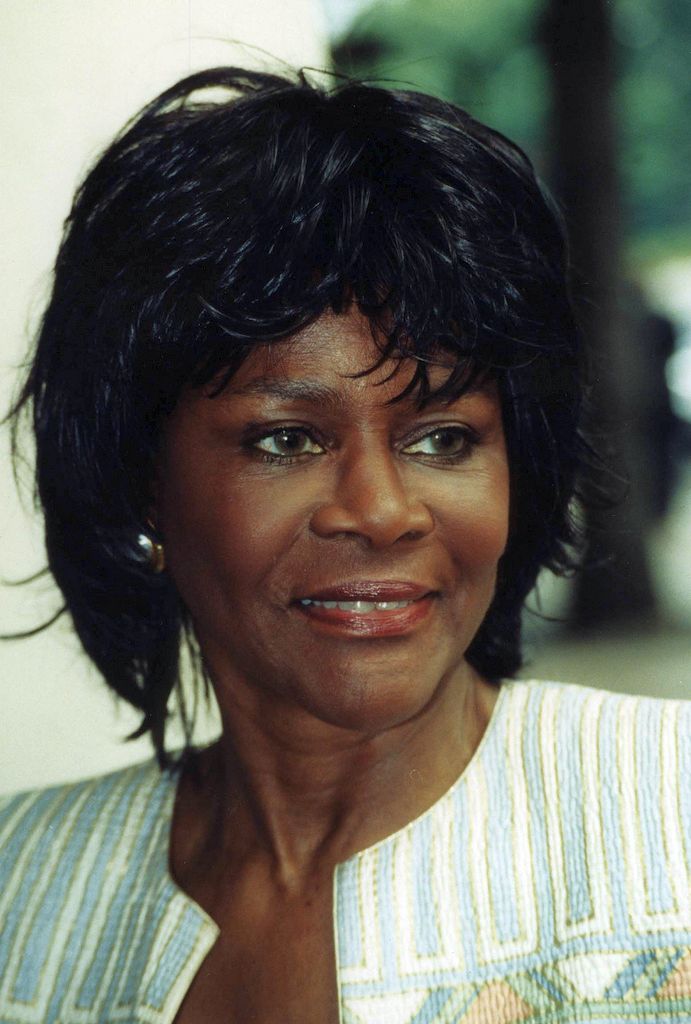
In 1974, Tyson achieved widespread acclaim and earned two Emmy Awards—best lead actress in a drama and best actress in a special—for her powerful portrayal of a former slave in the TV drama “The Autobiography of Miss Jane Pittman.” A defining moment in the film sees Pittman defiantly walk up and drink from a whites-only water fountain. Tyson, known for her organic acting process, famously recalled her approach to such moments: “Well, when I’m working, I just tell everybody. I said, ‘I don’t care what you see. Please don’t tell me about it … because I work so organically.'”
She continued, “So the next day, when I came on the set, I knew something had happened. And I simply said, ‘Please don’t tell me. I don’t want to know …’ and people were talking about the walk. I said, ‘What walk?'” This anecdote encapsulates her immersive dedication to her characters. She further elaborated on her process, stating, “Whenever I’m offered a script … what I’m interested in when I get it is, ‘why me?’ Who was that character and why did they want me to play it … and when I get to the point where I feel like her skin has fitted my arm or my mind, then I know there’s something about her.
Tyson’s illustrious career was marked by an array of significant roles that resonated deeply with audiences. She appeared in the seminal miniseries “Roots” in 1977 as Binta, the mother of Kunta Kinte. Her filmography also includes “The Marva Collins Story” in 1981, “The Women of Brewster Place” in 1989, and “The Help” in 2011, solidifying her reputation for bringing depth, nobility, and grace to every character.
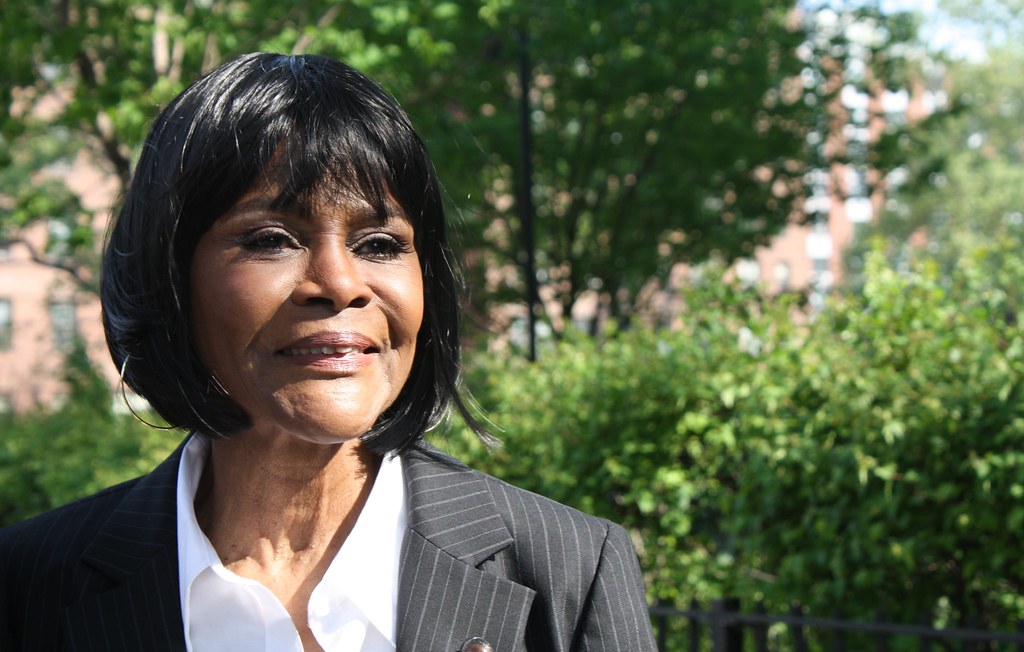
Her stage work was equally celebrated, culminating in a Tony Award in 2013 at age 88 for best leading actress in the play “The Trip to Bountiful.” Her co-star, Vanessa Williams, was profoundly inspired by Tyson’s work ethic, remarking, “She did not miss one performance ever. … There’s no excuse to not show up when Cicely Tyson can show up every day.” This testament highlighted Tyson’s extraordinary commitment, a quality that remained steadfast throughout her prolonged career.
Recognition for her groundbreaking contributions extended beyond acting awards. In 2016, former President Barack Obama awarded her the Presidential Medal of Freedom, the nation’s highest civilian honor, among a group of 21 actors, musicians, athletes, and innovators. Mr. Obama eloquently stated at the presentation, “In her long and extraordinary career, Cicely Tyson has not only succeeded as an actor, she has shaped the whole course of history.” He added, “Cicely was never the likeliest of Hollywood stars. The daughter of immigrants from the West Indies, she was raised by a hardworking and religious mother who cleaned houses and forbade her children to attend the movies. But once she got her education and broke into the business, Cicely made a conscious decision not just to say lines, but to speak out.”
Tyson herself described this moment as “the most important thing that could happen to me,” reflecting on her origins: “I am one of three children, grew up in the area that is now known as El Barrio and that was the East Side (of New York). To come from there to the White House with the first Black president … to put that medal around my neck: Where can you go from there?” This perspective underscored her profound journey from humble beginnings to national reverence.
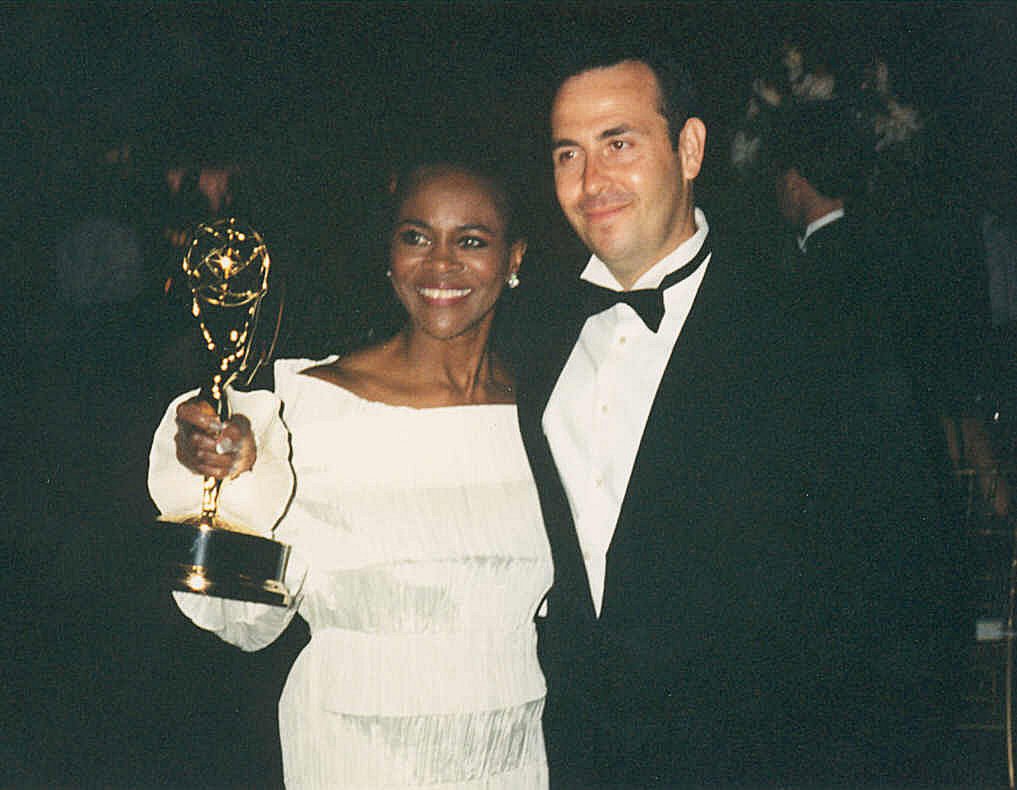
Further accolades included a Kennedy Center Honor in 2015 for her contributions to American culture and for paving the way for African Americans in the industry. In 2018, she received an honorary Oscar statuette at the annual Governors Awards, a recognition she accepted with humility: “I come from lowly status. I grew up in an area that was called the slums at the time. I still cannot imagine that I have met with presidents, kings, and queens. How did I get here? I marvel at it.” She was, at that time, the only Black woman to have received such an honorary Oscar.
In 2020, Tyson was inducted into the Television Academy’s Hall of Fame and received a Career Achievement Peabody Award, cementing her status as a living legend. Her memoir, “Just As I Am,” was released on January 26, the same day that “CBS This Morning” aired an interview between the iconic actress and Gayle King, offering a final opportunity for Tyson to reflect on her remarkable life and roles.
Her personal life included a storied romance with jazz great Miles Davis, who famously put her on the cover of his 1967 album, “Sorcerer.” They married in 1981 but divorced less than seven years later, though their romance spanned decades. Tyson confided to King that she was never able to find a love like that again, characterizing the relationship as “tumultuous” but also containing “some of the most incredible moments in my life.”
Even in her 90s, Tyson had no plans to retire, telling Time magazine that she believed in honoring her blessed gift: “We have to honor this blessed gift that we have. That’s what keeps you going. Keeps your mind fluid—your heart, your whole being. You can’t just stop, because that will be the end of you.” When asked by Gayle King at age 96 what it was like to be considered a legend, she replied, “I’m amazed every single day I live. I mean, what my life became is not what I expected … I had no idea that I would touch anybody.”
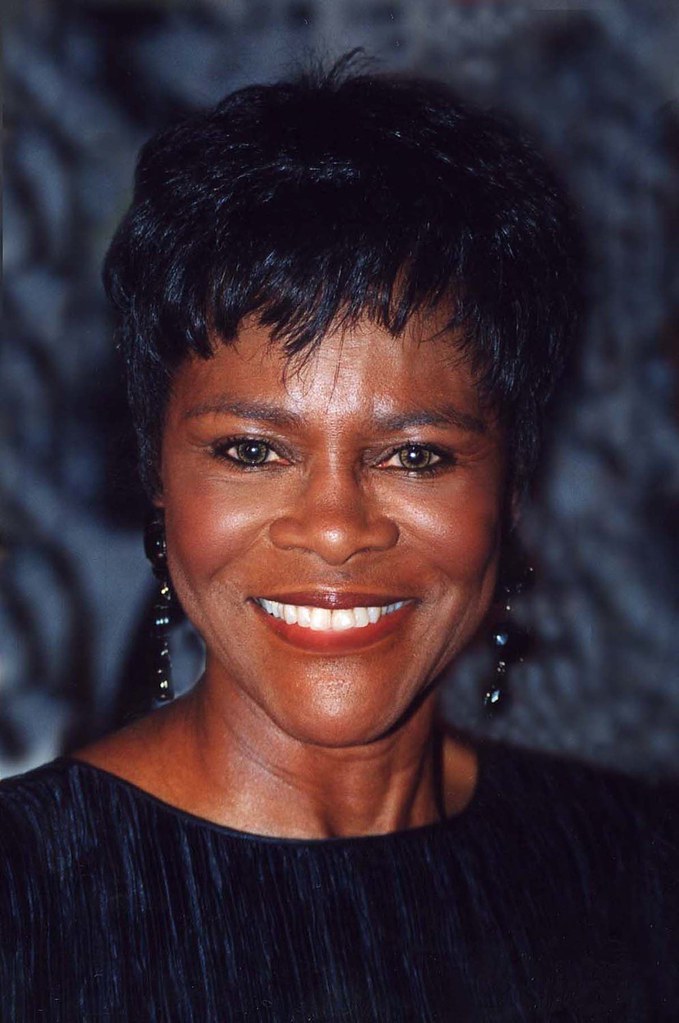
For many, Tyson was not just an actress but a muse and a trailblazer. Academy Award-winning actress Viola Davis, who insisted Tyson be cast to play her character’s mother on the television drama “How to Get Away With Murder,” wrote in Vanity Fair magazine: “Ms. Tyson has always been my muse. She is excellence. She is courage.” Screenwriter and director Tyler Perry articulated her profound impact: “Cicely Tyson chose to empower us when we didn’t even know it was possible for us to be empowered. For six decades, she has been diligent in her pursuit to better us all.” Oprah Winfrey, who cited Tyson as a standout and inspiration, honored her at her famous Legends Ball, ensuring her work would be introduced to new generations.
In her acceptance speech at her Hollywood Walk of Fame ceremony, Tyson referenced the Langston Hughes poem “Mother to Son” to explain her life’s journey: “All the time, I’ve been climbing on, reaching landings, turning corners, and sometimes going in the dark where there ain’t been no light.” When King asked Tyson what she wanted to be remembered for when the time came, she replied simply, “I done my best. That’s all.”
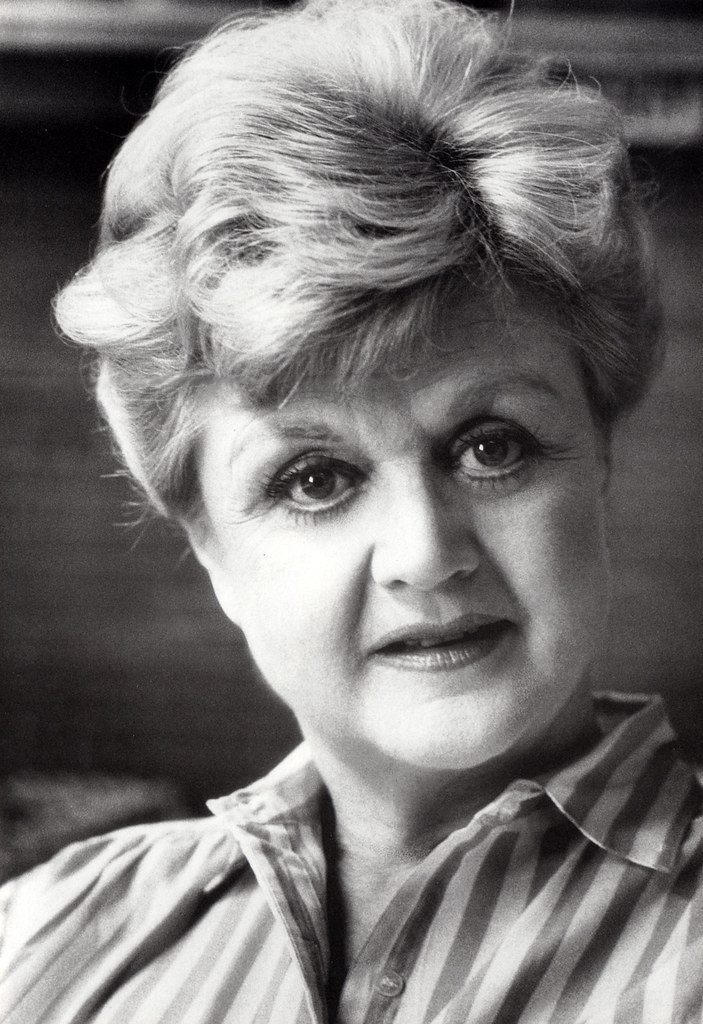
Joining the ranks of legendary figures whose passing has marked a significant moment in the cultural landscape is Angela Lansbury, the celebrated performer and iconic star of “Murder, She Wrote.” Lansbury passed away in the early hours of Tuesday at her L.A. home at age 96, just five days shy of her 97th birthday, leaving behind an astonishing career that spanned over 80 years.
Lansbury played a key role in shaping the Golden Age of Hollywood and was recognized as one of the few stars still alive from that era. Her career was a masterclass in versatility, encompassing acclaimed roles across film, television, and Broadway, garnering her a multitude of awards and the unwavering admiration of her peers and audiences worldwide.
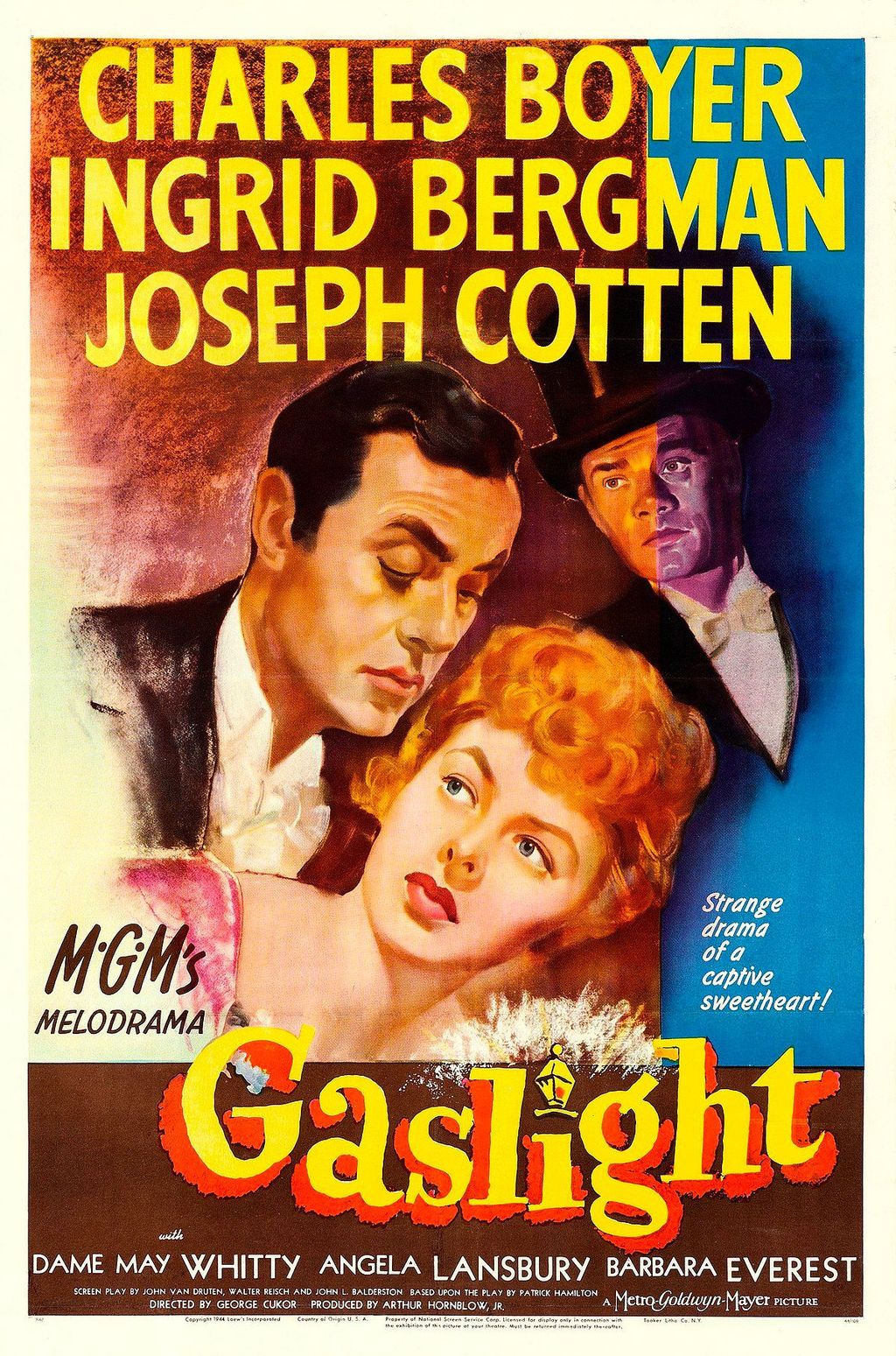
Her early film career was marked by memorable and acclaimed performances, earning her first Oscar nomination at just 19 for her role in 1944’s “Gaslight.” She continued to shine in classics such as 1945’s “The Picture of Dorian Gray” and 1962’s “The Manchurian Candidate,” showcasing her incredible range and dramatic prowess from a young age.
On the Broadway stage, Lansbury was a titan, winning her first Tony Award for her role in the 1966 production of “Mame.” She continued to dominate the theatrical world, earning additional Tonys for “Dear World” (1969), the 1974 revival of “Gypsy,” and the 1979 production of Stephen Sondheim’s classic “Sweeney Todd.” In 2009, at the age of 80, she received another Tony for the revival of Noël Coward’s “Blithe Spirit.” This past June, she received her final Tony, a lifetime achievement award, a fitting capstone to an unparalleled stage career.
Lansbury’s iconic portrayal of mystery writer and amateur detective Jessica Fletcher in the hit CBS procedural “Murder, She Wrote” transformed her into a rare leading woman on the small screen during the 1980s and 1990s. The show became a ratings juggernaut, and her 12 Emmy nominations – one for each season she starred – underscored her profound impact on television, breaking ground for female performers.
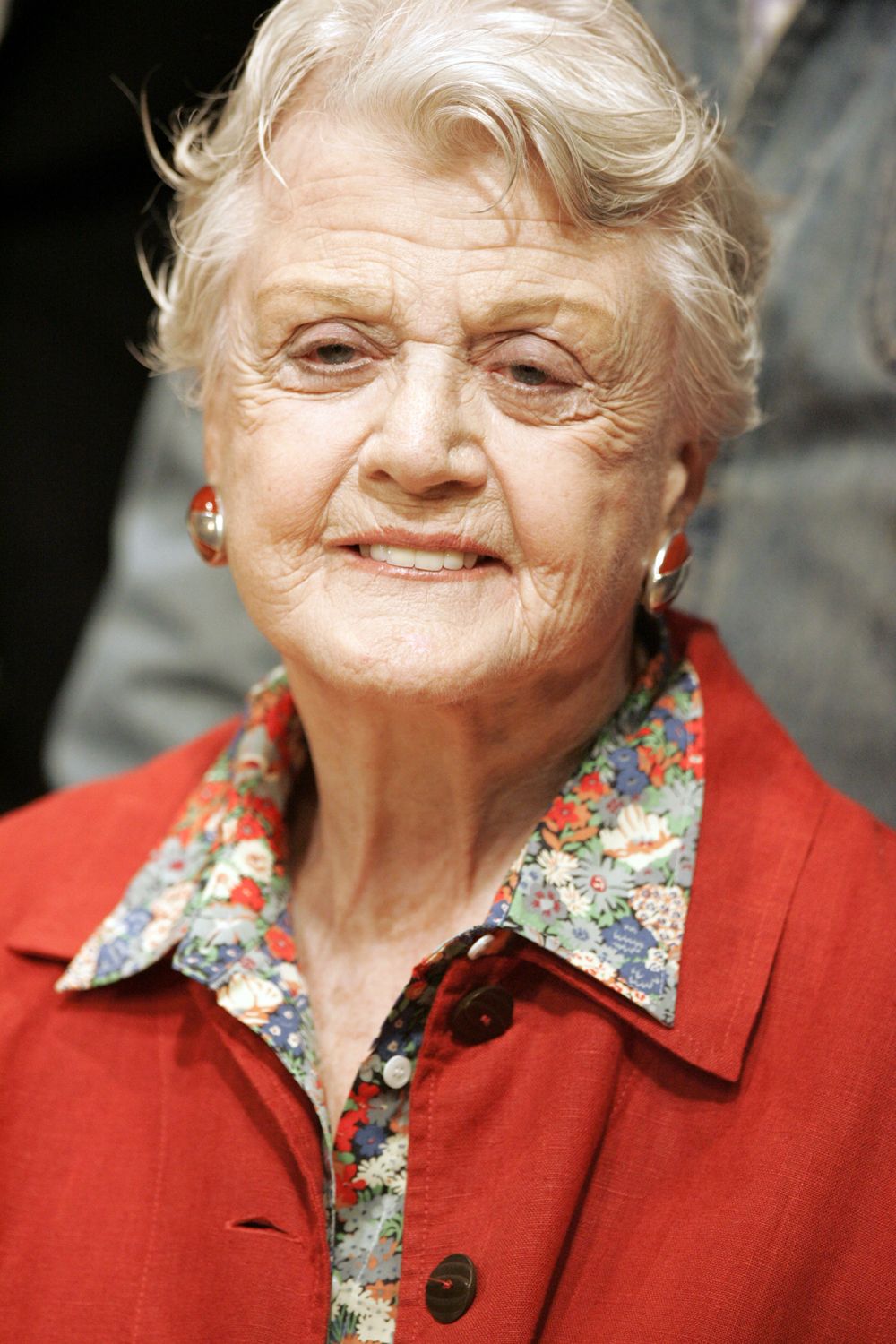
Beyond her dramatic and investigative roles, Lansbury endeared herself to new generations through her work in children’s and family fare. She lent her voice and presence to beloved animated films like “Anastasia” and “Beauty and the Beast” (where she famously sang the title song as Mrs. Potts), and live-action classics such as “Bedknobs and Broomsticks” and “Mary Poppins Returns.” Her “Beauty and the Beast” co-star, Robby Benson, who voiced the Beast, recalled a deeply moving moment: “One of the most memorable moments in my life was being so very fortunate to be in the recording studio when Ms. Lansbury sang the title song, ‘Beauty and the Beast.’ For me, the 2 minutes and 46 seconds was a lifetime of inspiration.”
Her distinguished career was recognized with numerous honors, including an Honorary Oscar and multiple Golden Globe awards. In 2014, Queen Elizabeth II appointed her a Dame Commander of the Order of the British Empire, acknowledging her vast contributions to arts and culture.
Tributes from the entertainment community poured in, reflecting the widespread love and respect for Lansbury. Actor Jason Alexander celebrated her as “one of the most versatile, talented, graceful, kind, witty, wise, classy ladies” he had ever met. Broadway actress Kristin Chenoweth remembered her indelible mark on theater, writing, “Nobody did Mame quite like her. Thank you for your art & wisdom.”
Fellow Broadway legend Harvey Fierstein simply called Lansbury “EVERYTHING,” while Tony-nominated playwright Jeremy O. Harris dubbed her the “GOAT,” or greatest of all time, acknowledging her profound influence on his adolescence. Josh Gad, who starred in the 2017 live-action remake of “Beauty and the Beast,” highlighted her extraordinary ability to transcend generational divides: “It is rare that one person can touch multiple generations, creating a breadth of work that defines decade after decade. #AngelaLansbury was that artist. From ‘Mame’ to ‘Bedknobs’ to ‘Murder She Wrote’ to ‘B&TB’ to ‘Mary Poppins Returns’ she touched 4 generations. RIP Legend.”
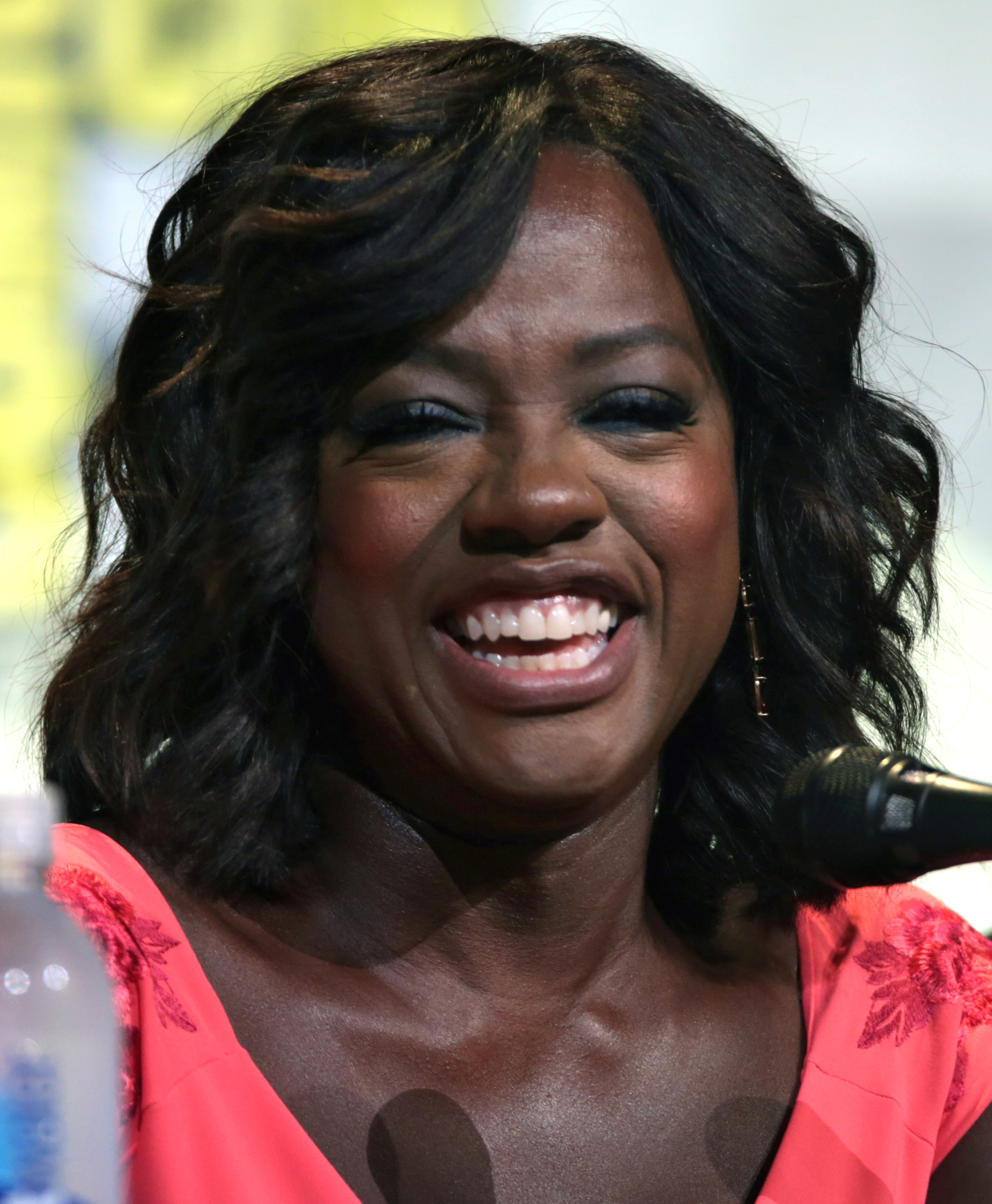
Viola Davis expressed her gratitude, writing, “Thought you would live forever. What an absolutely beautiful legacy you’ve left. You have influenced generations of actors to aspire to excellence. Rest well!!! May flights of angels…” Other notable figures like Lin-Manuel Miranda, Uzo Aduba, David Suchet, Mia Farrow, George Takei, and the Television Academy also shared their deep sorrow and admiration, underscoring her universal appeal and impact.
The passing of Cicely Tyson and Angela Lansbury, both at the remarkable age of 96, signifies not just the loss of two extraordinary individuals, but the close of a golden chapter in the performing arts. Their parallel lives, dedicated to authenticity and excellence, served as guiding lights for countless aspiring artists and enriched the cultural landscape in immeasurable ways. They confronted challenges, broke barriers, and consistently delivered performances that resonated with truth and grace.
Their shared longevity in an ever-changing industry speaks volumes about their talent, adaptability, and unwavering passion. They taught generations the power of a committed performance, the importance of challenging norms, and the enduring beauty of storytelling. Though they have departed, the profound imprints of Cicely Tyson and Angela Lansbury on stage, screen, and in the hearts of those they touched will continue to inspire and illuminate for ages to come, a testament to lives lived with purpose, artistry, and an unyielding dedication to their craft.


